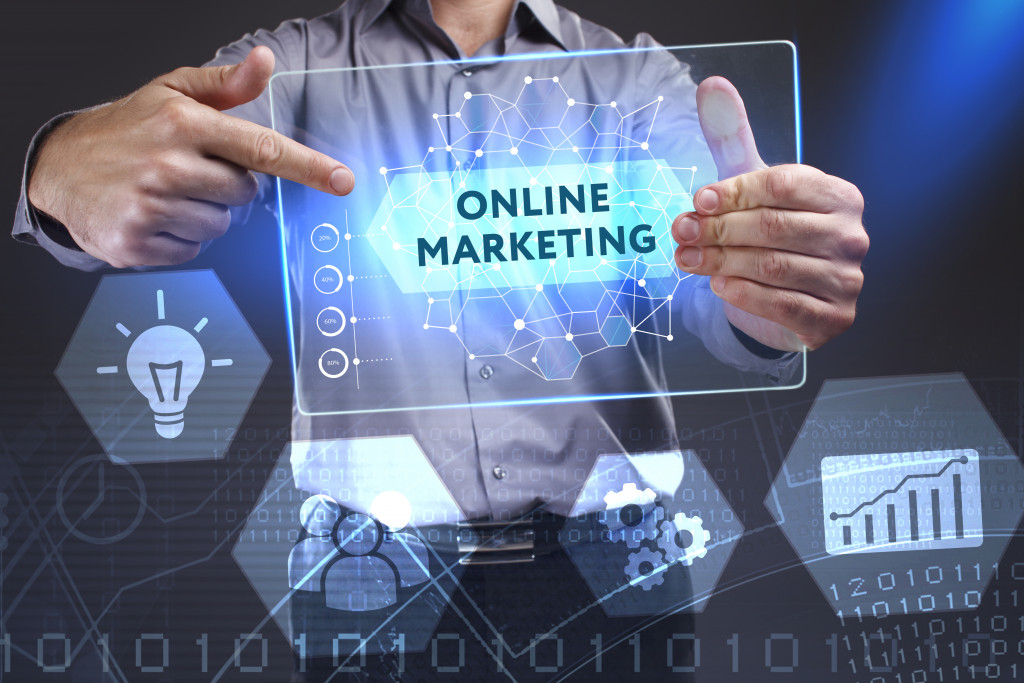The generation of Millennials accounts for more than 92 million people in the entire U.S. population, surpassing Baby Boomers as the biggest generation in 2019. The generation is significantly large enough to drive sales in all industries and this is why many businesses are actively trying to familiarize themselves with millennials and their purchasing characteristics.
Whatever industry you are in, you should not undervalue the millennial generation when strategizing for your business’ marketing. Find out more about millennials and how you can effectively market your business in a way that resonates with this whole generation of consumers.
Who are Millennials and Why are they so Valuable to Business?
Individuals born between 1981 and 1996 are classified as millennials. Sometimes referred to as Generation Y (because this generation succeeds Gen X) or even Generation Me, millennials have been touted as a generation of narcissistic, job-hopping, spoiled young adults who expect to be rewarded even for the smallest accomplishments.
A large percentage of this generation came of age post- 9/11 and right around the time of the Great Recession, and perhaps this is why, as a group, millennials are particularly careful with their money. It is predicted that millennials look to generally lower wealth in their futures, relative to generations that preceded them. This is attributed to the generalization that the millennial generation submitted themselves more vigorously into the abstract “American Dream” putting much premium on post-secondary degrees.
With this, there came a surge in the number of college graduates eyeball-deep in student loans of about $40,000, on average. This is not yet factoring in the tighter competition for jobs with the increased number of graduated students.
Why, then, should your business target millennials in your marketing strategies? Besides that, they make up at least 25%-27% of the total US population, millennials as a consumer group exhibit exceptional loyalty to brands or companies that they can relate to. They may not have money now, but the returns from millennial investments made by businesses are more for the long term. This demographic will spend their money, scarcity notwithstanding, on products they know will bring the most value.
In a nutshell, millennials tend to do online research intensively; they respond to the tactile experience of products, and they are avid believers of peer reviews before purchasing. The point is, they will make a purchase.

5 Characteristics of Millennials as a Consumer Group
Millennials put a premium on transparency and authenticity
Millennials respond better to marketing strategies that are honest and upfront. Unlike baby boomers, millennials dislike the traditional infomercial formats filled with superlatives and fine print. In simple terms: keep it real when advertising to millennials.
Millennials rely on social media for their information
More than a third of millennials about to make a purchase are reported to trust brands that have a social media presence over those who don’t. Additionally, almost half of millennials agree that their purchases are heavily influenced by what they read on social media platforms.
Forbes reports that over 60% of millennial shoppers will tend to buy from a brand or business that engages them on social media. And this is not just about coming out with posts that are memorable to this demographic, but actually interacting with them through contests, or simply responding swiftly to their online queries. If millennials feel they are actively involved in a brand’s success, this not only drives their purchases your way, but you may also be encouraging an increase in UGC (user-generated content) which is another effective method of marketing.
Say you are in the business of insurance sales. You will find that most expert advice on insurance marketing ideas has to do with connecting to potential clients by way of social media and other digital and online platforms.
Millennials respond to customized marketing
Remember the Share-a-Coke ad campaign run by Coca-cola or Starbucks’ White Cup Contest? Personalized marketing is popular among millennial consumers as this is seen as an expression of individuality, which is a big thing for this particular generation.
Millennials prioritize brand over price
While it’s true that more than 50% of shopping millennials compare in-store prices, more of them are loyal to brands they have the best experience with. As earlier discussed, brand loyalty among millennials is exceptional.
Millennials are estimated to spend $170 B annually
By 2020, it is estimated that at least 60% of small business owners around the country will consist of millennials and Gen X combined. The younger population is projected to have an annual purchasing power of up to $170 B. Your business should want a loyal customer base belonging to that consumer demographic.
Millennials, born within the years of 1981-1996, represent a substantial segment of the US population making them a valuable target market for consumer businesses. It will pay to understand this generation’s purchasing habits and levels of brand loyalty. As a group, millennials rely on the internet and social media for their shopping research and recommendations, prior to letting go of their hard-earned money.
While many of them have yet to reach their peak purchasing power due to student loans and other generational factors, they are projected to get there and it is vital for any business owner to get in front of this estimation as early as possible.

